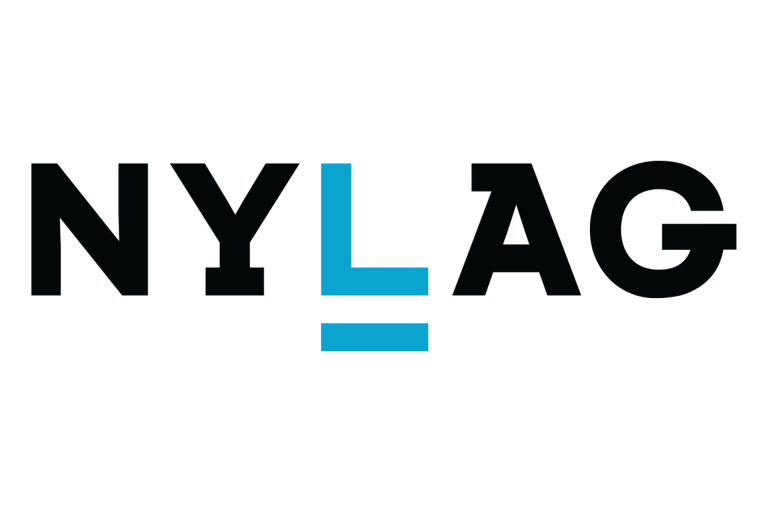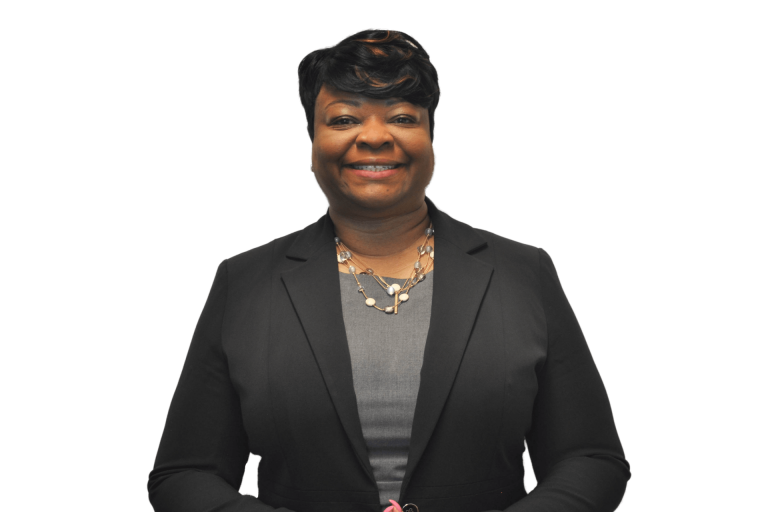By Maya Martin-Udry
A typical special education case starts with a panicked call from a parent—they usually already know that their child has a disability but the services they are receiving are inadequate. Parents and students have a lot of power to push for better services, they just have to know how to harness it. That’s where NYLAG comes in.
Every year, the school works with various parties involved in a student’s education, including parents, to create an Individualized Education Program (IEP). It lays out goals for the students’ progress for that school year and the services that student will have access to, in order to achieve those goals. This is the legally enforceable document under the IDEA (Individuals with Disabilities Education Act). That document is essential, because if it’s not in the IEP, the student isn’t entitled to it. Often these IEPs are cranked out by someone who has never even met the child, without concrete metrics that the school can be held accountable for.
"Was the parent’s input meaningfully considered, or did the 'experts' in the room steamroll her?"
Our Special Education Unit (SEU) attorneys challenge inadequate IEPs on procedural grounds: was there a translator for the non-English speaking parent at the meeting where the IEP was made? Was the parent’s input meaningfully considered, or did the “experts” in the room steamroll her? And they can challenge on substantive grounds: if trusted experts have done good evaluations of the student’s needs, does the IEP provide for adequate services to meet those needs?
The IEP is an essential tool to measure the progress that a student is making. Without a good metric, the student gets lost. In 2017, the Supreme Court decided that students are entitled to meaningful progress, not just the “trivial progress” that was previously guaranteed, and that the IEP should provide challenging goals.
The DOE is often unable to provide appropriate services—for instance, a child who needs a rigorous curriculum and a small class size for additional support with social and behavioral learning cannot be served by public schools, where the smaller class sizes also have a delayed curriculum. There are expensive private schools in the city that offer programs that would be life changing for that student, and the DOE will pay the tuition, after a due process hearing and an administrative order.
Despite the frustration and the fear, it’s very fulfilling work. Knowing that a kid has a shot at going to college, at living independently, at meaningful growth, is deeply rewarding.
Maya Martin-Udry is NYLAG’s Communications Coordinator. She joined NYLAG as an AmeriCorp VISTA in 2017.








